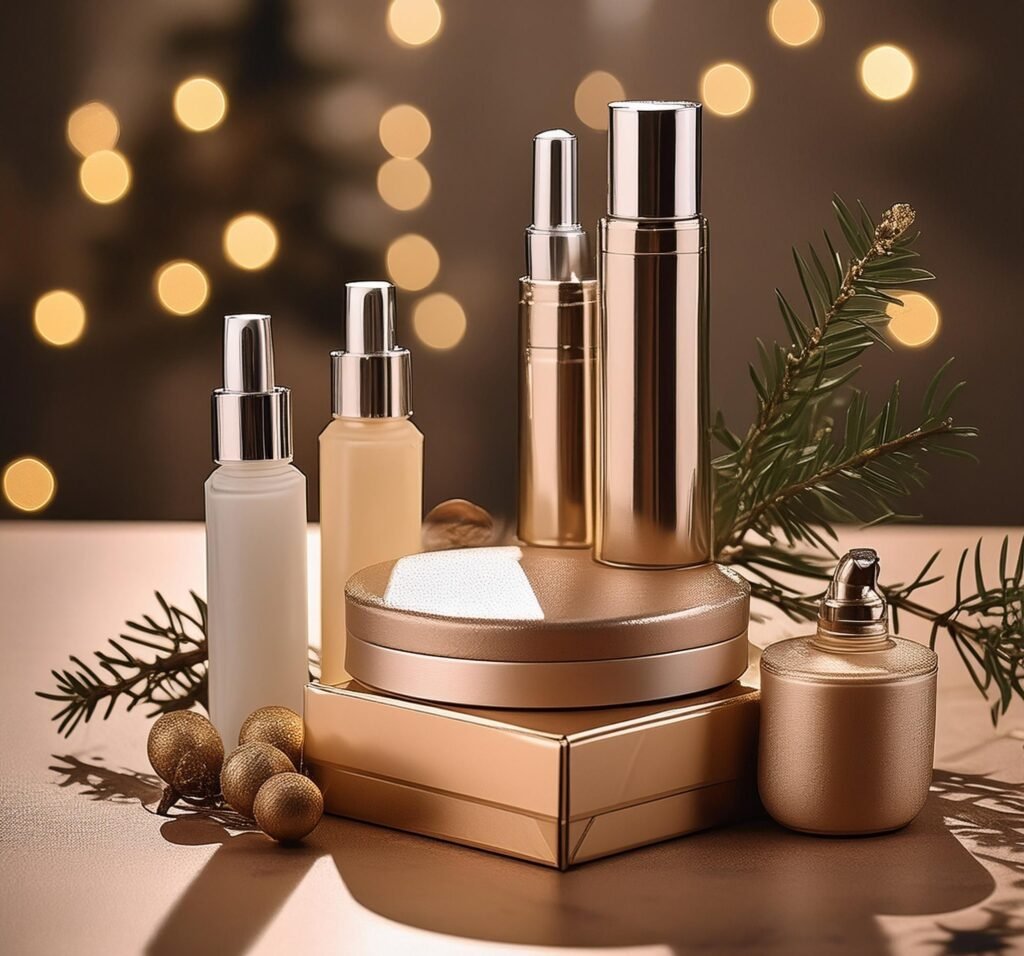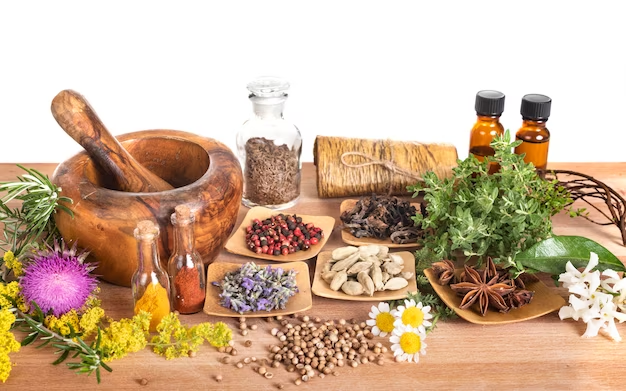The Rising Popularity of Vegan Cosmetics: A Professional Perspective

INTRODUCTION
With the growing awareness of cruelty-free and eco-friendly products, the popularity of vegan cosmetics has witnessed a significant rise in recent years. As consumers become more conscious of the ingredients they are applying to their skin, the demand for ethical and sustainable beauty options has grown exponentially. In this blog, we will explore the fascinating world of vegan cosmetics from a professional perspective, delving into the reasons behind their surge in popularity, the benefits they offer, and how they are redefining the beauty industry. Whether you are a skincare enthusiast, a beauty professional, or simply curious about the latest trends, join us as we uncover the secrets of vegan cosmetics and their impact on the beauty world.
The Growing Popularity of Vegan Cosmetics
From celebrities to everyday individuals, the trend of embracing veganism has rapidly gained momentum, showing no signs of slowing down. Going vegan entails abstaining from the use or consumption of animal products and by-products in one’s diet and daily lifestyle. This shift has led many to adopt a vegan diet, opt for vegan cosmetics, and choose vegan-friendly products driven by compassion for animals. More and more people are foregoing meat, dairy, and eggs while also avoiding the use of leather, silk, and wool. Likewise, there is a burgeoning interest in vegan cosmetics, which are free from animal-derived ingredients or their by-products.
Deciphering Vegan Cosmetics and Animal-derived Ingredients
While many may find the concept of vegan cosmetics and the presence of animal ingredients in beauty and skincare products bewildering, the reality is quite startling. Numerous animal-derived substances, often concealed in cosmetic formulations, include crushed insects, fat from slaughtered animals, and ground-up horns and claws. When products are labeled as “vegan,” “vegan-friendly,” or “100% vegan,” it indicates that these beauty items are devoid of animal-origin materials, including beeswax and honey. The underlying principle is rooted in acknowledging the rights of all creatures to life and freedom and rejecting any form of cruel treatment or exploitation for human benefit.
The terminology surrounding vegan beauty can be perplexing. Labels such as “cruelty-free,” “organic,” and “natural” are often mistakenly considered interchangeable. However, it’s crucial to understand that vegan cosmetics do not necessarily signify the product is entirely natural, organic, or cruelty-free. Nor does it guarantee that the product is free of chemicals or will not induce allergic reactions. Rather, it solely denotes the absence of animal-derived ingredients; thus, a vegan product may have been animal-tested and contain other chemicals.
Frequently, consumers overlook scrutinizing the ingredient lists of their favorite cosmetics, unaware that items like classic red lipstick, anti-aging eye creams, or shimmery nail polish may contain animal-derived ingredients. These can range from carmine (derived from crushed female cochineal scale insects) to lanolin (wool wax) and various animal proteins sourced from horns, hooves, claws, and other animal tissues. Even though these ingredients are claimed to be “naturally derived” or sourced as by-products of the meat and dairy industry, there are minimal animal welfare policies safeguarding these animals from exploitation
Exploring Alternatives

While animal-derived ingredients excel in numerous cosmetic functions, viable alternatives exist. Fortunately, there are now exceptional vegetable and synthetic substitutes that fulfill these purposes without compromising product quality or performance. Vegan cosmetics utilize plant-based or synthesized ingredients, such as hydrogenated castor oil, aloe vera, jojoba oil, argan oil, and various vegetable glycerin, which effectively mimic the functions of animal ingredients, offering comparable moisturizing, hydrating, and smoothing effects.
Notably, hydrogenated castor oil has emerged as a superior emulsifier, surfactant, and fragrance ingredient in cosmetics, fostering a surge in demand for this vegan alternative in skincare products.
Dispelling Myths Surrounding Vegan Cosmetics
There are misconceptions about vegan cosmetics, with some believing they are cost-prohibitive, prone to allergic reactions due to their plant-based nature, and less effective than their animal-based counterparts. Contrary to these beliefs, vegan products offer numerous advantages:
• Safety and Skin-friendly
Vegan products contain fewer tested ingredients and possess natural properties that reduce skin irritations and redness.
• Affordability
Vegan cosmetics are budget-friendly and certified with a vegan logo, affirming their role in eliminating animal suffering and reducing environmental impact.
• Ethical Considerations
Choosing vegan beauty products helps prevent animal cruelty and exploitation for human benefit.
• Environmental Impact
By eschewing animal products, vegan beauty products alleviate the strain on the environment, mitigating factors like climate change, water depletion, and soil erosion.
Embracing Vegan Cosmetics – A Responsible Choice
Given the detrimental impact on animals and the environment, the embrace of vegan cosmetics is a conscientious decision. However, it’s imperative for consumers to familiarize themselves with vegan cosmetics and carefully scrutinize product ingredients. Instead of hastily discarding animal-based products, one can gradually transition towards vegan alternatives, contributing to the well-being of animals and the planet.
To embark on this journey, consider starting with a simple vegan product and gradually transitioning towards a fully vegan lifestyle.
RUNZOER INDIA, renowned as India’s top hydrogenated castor oil manufacturer, stands as a trusted source for 100% natural and pure cosmetic ingredients.
